Born two decades before American women won the right to vote, Sadie Tanner Mossell Alexander overcame many obstacles as an African American Woman. She is credited with being “the first” in several different accomplishments in African American history. In 1927 she became the first black woman to gain admission to the Pennsylvania Bar, beginning a long career advocating for civil and human rights.
- In 1898, Sadie Tanner Mossell Alexander, was born into very well known family in Philadelphia. Her grandfather was Bishop Benjamin Tucker Tanner editor of the Christian Recorder and the AME Church Review. Her uncle was surgeon Dr. Nathan F. Mossell, founder of the Frederick Douglass Hospital (now Mercy-Douglass Hospital), and her aunt, Dr. Hallie Tanner Johnson, founded Tuskegee Institute’s Nurses’ School & Hospital. Her other uncle was the famous painter, Henry Ossawa Tanner.
- Her father, Aaron Mossell, was the first African American to earn a law degree from the University of Pennsylvania and then became one of Philadelphia’s most prominent black attorneys and civil rights’ leaders. Unfortunately, he struggled to provide for the family and deserted them a year after Sadie’s birth.
- She earned a scholarship to Howard University, but her mother urged her to attend the University of Pennsylvania instead, entering in the fall of 1915
- While attending University of Pennsylvania, she struggled with discrimination from students and professors.
- In 1918 she graduated with honors with a B.S. degree in education but at the time was denied election into Phi Beta Kappa.
- After graduating she continued her studies and became the first African American woman in the United States to earn a doctoral degree in economics, obtaining her Ph.D. from Penn in 1921.
- Unable to find work as an African American woman in Pennsylvania, she was hired by the black-owned North Carolina Mutual Life Insurance Company in 1921.
- In 1923 she returned to Philadelphia to marry her college sweetheart, Attorney Raymond Pace Alexander. They had two daughters, Mary and Rae.
- From 1919 to 1923, she served as the first national president of Delta Sigma Theta.
- In 1924, she became the first black woman enrolled at the University of Pennsylvania School of Law. She graduated with honors in 1927 and was the first black woman to gain admission into the Pennsylvania bar.
- She became the first African American to hold both a Ph.D. and a J.D. degree.
- After graduating in 1927, she joined her husband’s law firm, becoming one of the earliest husband-wife legal teams in the United States.
- As a Philadelphia lawyer, she advocated against racial discrimination, segregation, and employment inequality.
- Between 1928 and 1938 she was Assistant City Solicitor for the City of Philadelphia and formed a legal aid bureau to assist African Americans who could not afford lawyers.
- In 1947, President Harry S. Truman appointed Alexander to the President’s committee on the Civil Rights of All Races and Faiths, making her the first black woman to serve on a presidential commission.
- In 1948, the National Urban League chose Alexander as its “Woman of the Year” and presented her story in a comic book for black children.
- In 1970 Sadie Alexander finally was elected into Phi Beta Kappa
- In 1978, President Jimmy Carter appointed her chairperson, at the age of eighty-one, of the White House Conference on Aging. However, President Reagan removed her from the position in 1981, before the conference took place.
- Alexander continued to practice law in Philadelphia until she turned eighty-five.
- Sadie Tanner Mossell Alexander died from complications of Alzheimer’s disease in Philadelphia in 1989 at the age of 91.







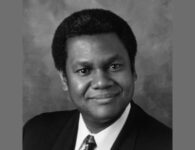

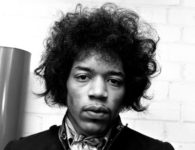
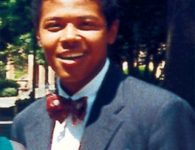
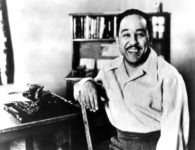
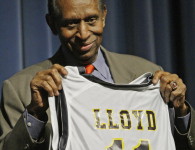
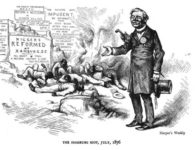
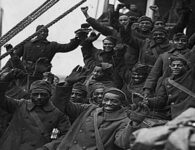
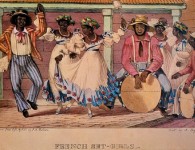
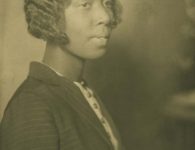
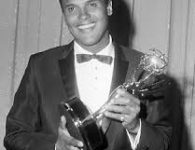
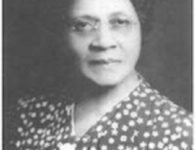



2 Comments
Great information to know and to share. I learned a lot because the only name I recognized in the article what Henry O. Tanner. Now I understand that this was a very gifted family and that Mrs. Sadie Tanner Mossell Alexander was a very special and accomplished person in her own right despite the obstacle of discrimination that was placed in her way because of her race and her gender. What a great reminder that we can all overcome and accomplish.
We need these acknowledgements and affirmations of greatness and accomplishments so long denied us by the American educational system. Keep digging and exposing them. Happy Kwanzaa.